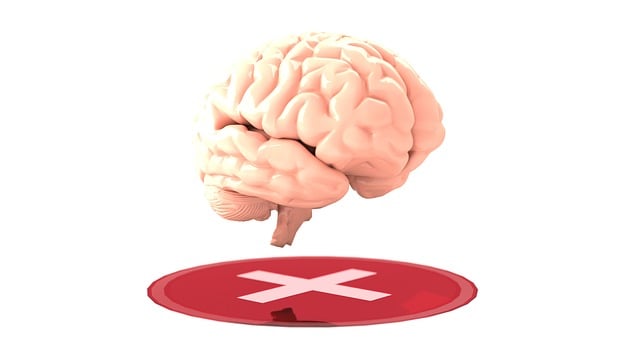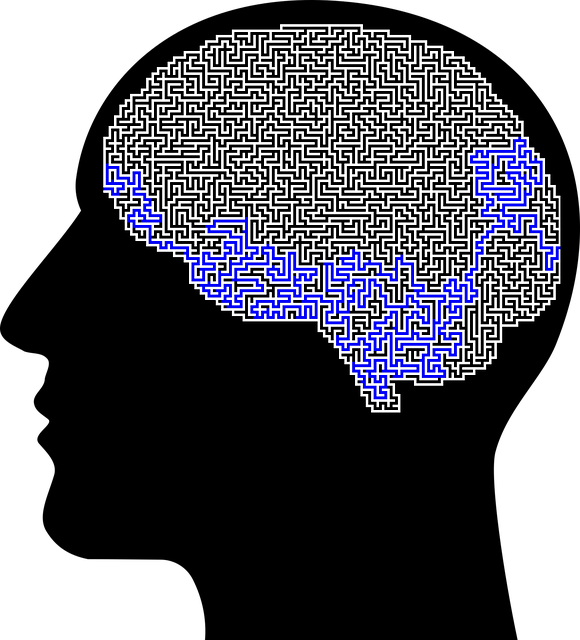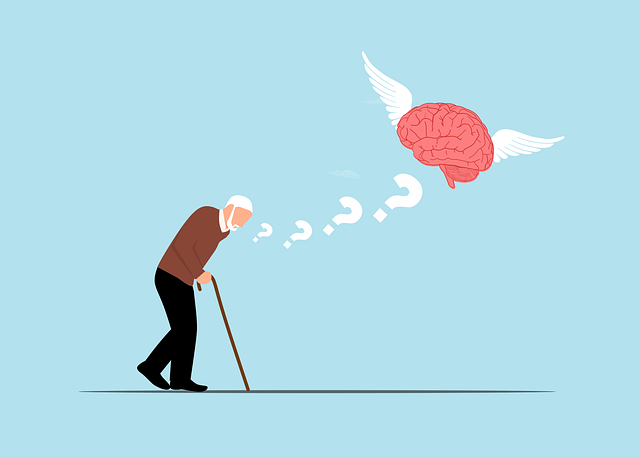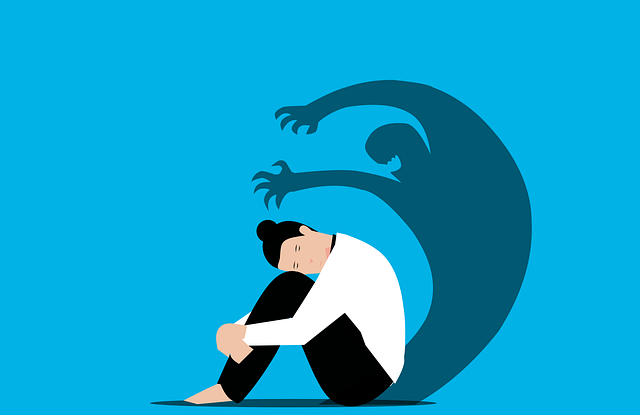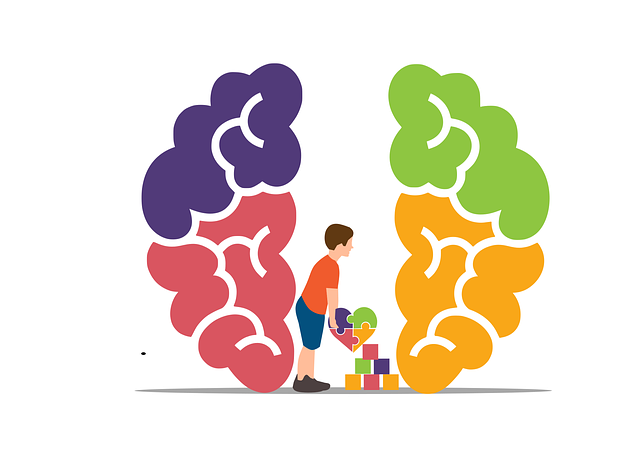Superior Divorce Therapy offers a nuanced approach to counseling, focusing on complex emotional responses like loss, grief, and bereavement during life changes, such as divorce. This therapy provides a safe space for clients to explore their unique emotional experiences at their own pace, fostering resilience and adaptive coping mechanisms. Through diverse strategies, cultural sensitivity, and public awareness efforts, therapists help individuals transform pain into growth while rebuilding their lives post-loss or grief.
Loss, grief, and bereavement counseling are essential aspects of healing after a significant loss. This article explores these complex emotions, providing a comprehensive guide for professionals aiming to offer effective support. From understanding the grieving process to employing specific techniques, we delve into strategies that foster resilience. Discover how superior divorce therapy principles can be applied to navigate these challenging situations, helping clients find peace and closure.
- Understanding Loss, Grief, and Bereavement: A Foundation for Counseling
- The Role of a Professional Counselor in Supporting the Grieving Process
- Effective Strategies and Techniques for Loss Grief and Bereavement Counseling
Understanding Loss, Grief, and Bereavement: A Foundation for Counseling

Understanding loss, grief, and bereavement is a cornerstone for effective counseling. These complex emotional responses are natural reactions to significant life changes, such as the death of a loved one or even a divorce. Superior Divorce Therapy recognizes that each individual experiences these events uniquely, shaped by their personal history, relationships, and coping mechanisms. Therefore, counseling isn’t about fixing or rushing through grief but providing a safe space for clients to explore and process their feelings.
Through this exploration, counselors facilitate the development of resilience, helping individuals navigate the challenges that arise during bereavement or divorce. By incorporating strategies for burnout prevention and social skills training, Superior Divorce Therapy empowers clients to build adaptive coping mechanisms. This holistic approach enables them to transform their pain into a catalyst for personal growth, fostering a sense of hope and healing in the midst of loss.
The Role of a Professional Counselor in Supporting the Grieving Process

When facing loss, grief, or bereavement, seeking support from a professional counselor can be invaluable. These specialists are trained to guide individuals through the complex emotions that often accompany significant life changes and losses. Their role is multifaceted; they offer a safe space for clients to express their feelings, provide emotional validation, and help them navigate the grieving process at their own pace.
A skilled counselor enhances coping mechanisms by fostering emotional intelligence, enabling individuals to understand and manage their emotions effectively. They may also integrate stress management techniques tailored to each client’s needs, as bereavement can significantly impact overall well-being. Moreover, these professionals can facilitate group sessions or refer clients to Stress Management Workshops Organization, creating a supportive network of like-minded individuals who share similar experiences. Through their expertise in Superior Divorce Therapy and related fields, counselors play a pivotal role in helping the grieving find peace and eventually rebuild their lives.
Effective Strategies and Techniques for Loss Grief and Bereavement Counseling

In providing Loss Grief and Bereavement Counseling, therapists employ a range of effective strategies tailored to each individual’s unique experience. One prominent approach is Superior Divorce Therapy, which focuses on helping clients navigate the complex emotions associated with loss while fostering resilience and coping mechanisms. This therapy goes beyond traditional grief counseling by addressing underlying issues, promoting self-reflection, and encouraging the development of healthy adjustment behaviors.
Cultural sensitivity in mental healthcare practice plays a pivotal role in these sessions. Therapists must create a safe, non-judgmental space that respects diverse beliefs and customs surrounding bereavement. Public awareness campaigns development can also be beneficial, as they educate communities about grief processes and available support systems. Additionally, conflict resolution techniques may be integrated to help clients manage interpersonal challenges arising from loss, thereby enhancing their overall healing journey.
In light of the profound impact loss, grief, and bereavement can have on individuals, understanding these concepts and the crucial role professional counseling plays in supporting the grieving process is essential. This article has delved into the foundational knowledge needed to approach these sensitive topics, highlighting the expertise a counselor brings to aid clients in navigating their emotional journeys. By employing effective strategies and techniques, such as those offered by Superior Divorce Therapy, counselors can help individuals find solace, process their emotions, and ultimately, heal. Remember that seeking support during times of loss is a sign of strength, and with the right guidance, one can embrace life’s transitions while honoring memories.
